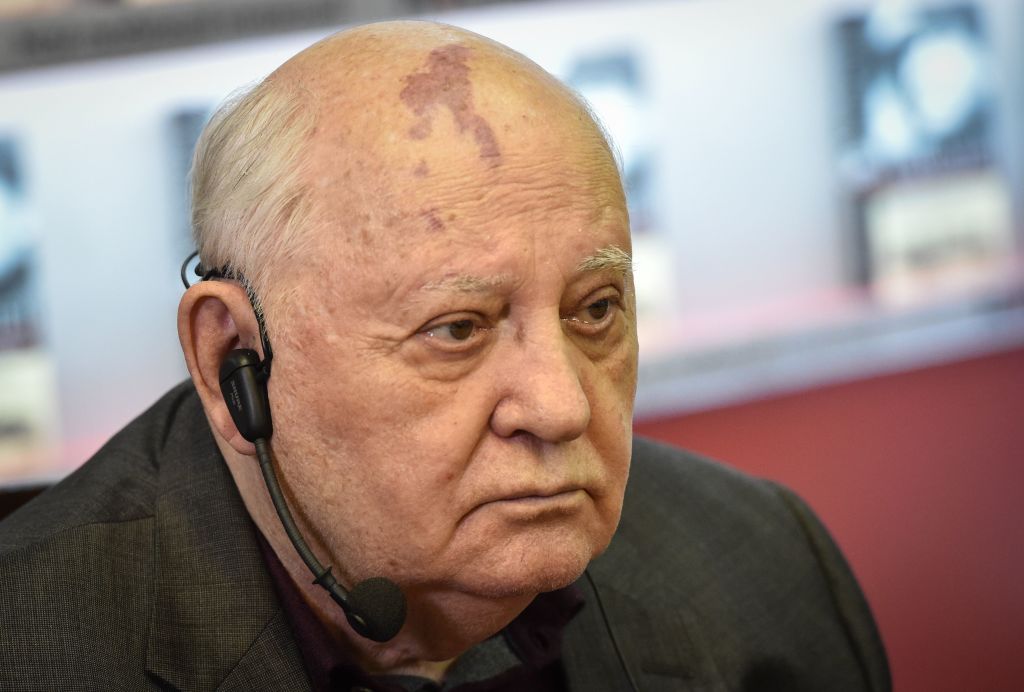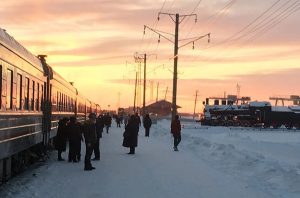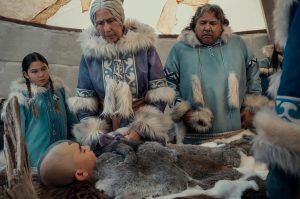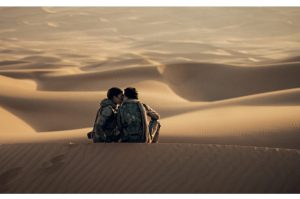Tolstoy tried to write a history of Napoleon’s invasion of Russia, but found that his story required the broader canvas of fiction. We like to think that fiction emerges from reality, and that a novel, which is as much as species of hallucination as it is a social document, might retain enough of its physicality to be, as we say of War and Peace,’realist’. But the traffic between fiction and reality goes in both directions.
‘What force moves the nations?’ Tolstoy asked in the philosophical coda that, returning fiction to history, he added to the end of War and Peace. The discipline of history, its reliance on facts, was at the heart of the Enlightenment. But the discipline is undisciplined, an art aspiring to the rigor of science but never quite getting there, and its allegedly stable core, the facts, soon turned out to be unstable. The force that move the nations produced Robespierre and then Napoleon, and then the imperial desire for grandeur and conquest that Tolstoy’s age knew as ‘Caesarism’. And the Enlightenment, Isaiah Berlin wrote, didn’t really reach Russia.
The age of Caesarism is not over. The European Union is a fiction assembled from the layers of Europe’s imperial history. A thousand years earlier, its founders were the core ‘Frankish’ territories of Charlemagne’s Holy Roman Empire. Its twin capitals, Brussels and Strasbourg, echo the Dual Monarchy of the Austro-Hungarians. Its grandeur derives from geographical destiny, its conquests are attained by soft power in its harder aspect, the bureaucratic carrot and stick controlling access to markets — a kind of bland Bismarckian game. And as ever, Russia is on the outside, and Britain prefers to remain, or leave, at one remove.
The two questions at the heart of Werner Herzog’s documentary Meeting Gorbachev are the ones Tolstoy asks in his coda to War and Peace. Did the actors understand the nature of the drama? Could it have been any different? In Tolstoy’s novel, Prince Andrei Bolkonsky, one of the few wholly invented characters, understands his place in the drama by stages, beginning with an epiphany as he lies wounded in a forest at the Battle of Austerlitz. In the philosophical coda, Tolstoy jumps back and forward between the poles of free will and determinism, and arrives at an unsatisfactory answer: everything is determined, whether we know it or not.
Gorbachev is now in his St Helena phase, dumped not on an island as a prisoner, like Napoleon at St Helena, but dumped from memory. In his late eighties, he seems barely recognizable; as he is no longer famous, we haven’t seen him age. He is a portly widower with diabetes, and even his birthmark — as much a part of his Eighties brand as the logo of the Louis Vuitton cases that he advertised — has faded.
Gorbachev was born in 1931 in a village in Stavpopol, east of the Black Sea, a place that Herzog urbanely describes in Tolstoyan terms as ‘Godforsaken’. His mother was illiterate, his father a war hero who, in Soviet fashion, was in charge of the combine harvester. Mikhail was clever and, more importantly, he asked the right questions. Even more importantly, the Soviet Union being the territory of Solzhenitsyn’s Gulag Archipelago, he knew not to ask the wrong questions. He excelled at school, won a place to study law at Moscow State University, married his fellow student Raisa Titarenko, and by 1970 was back in Stavropol as a regional administrator.
From there, Gorbachev worked his way back to Moscow and up the ladder of the Politburo. By the mid-Eighties, the Soviet system was disintegrating. A series of senile dribblers passed through the top job — Brezhnev, Andropov, Chernenko — and then, in 1985, the surviving elders elected Gorbachev as General Secretary of the Communist Party — effectively emperor for life. He engaged in some Tolstoyan maneuvers, traveling around the provinces to see how ossified and useless the system and infrastructure had become, declared the advent of perestroika (economic ‘restructuring’ and decentralization) and then, after the Chernobyl disaster of 1986 demonstrated that the Soviet Union was not fit for purpose, took to glasnost (‘openness’) like a drowning man who clings to a raft in the expectation that, once he clambers aboard, he will become its captain.
Herzog, who says that he ‘loves’ Gorbachev for permitting the reunification of Germany, fails to ask Gorbachev about how he thought of Stalin in his childhood; why he supported Khrushchev after Stalin’s death; whether he would have objected to war with the United States over the Cuban Missile Crisis; what he thought of the Soviet Union’s hidden empire of prison camps for the innocent and psychiatric hospitals for the sane; and how it was that he thought it desirable to save a despicable tyranny.
The truth is that Gorbachev was trying to save the Soviet Union, and even now remains unreconciled to the break-up of Russia’s empire. He tells Herzog that he wanted ‘more democracy’ as if Soviet democracy ever existed, but it was democracy — the force that moves the nations, the demos blocking the ports of Poland, taking a hammer to the Berlin Wall and a wirecutter to the Hungarian-Austrian frontier — that ended the empire by popular demand. Gorbachev seems to have been so much a prisoner of Marxist-Leninist dogma that he ignored the decadent aristocrat de Tocqueville’s observations on the French Revolution, even though the Communists’ favorite non-Russian period of history was 1789 and its aftermath.
The Bourbon monarchy, de Tocqueville wrote in The Ancien Régime and the Revolution (1856), was doomed as soon as it surrendered to the impulse to reform. The same happened to the Soviet Union, with Gorbachev as the initiator of its destruction. He insists to Herzog that Russia didn’t lose the Cold War and that both sides won. But the story told here is that Gorbachev, despite his Communist training and career, possessed enough of the Tolstoyan virtue, peasant common sense, to accept defeat. Glasnost was openness, but to what? To democracy, market forces, and the collapse of the artificial and cruel Communist empire.
Tolstoy concluded that Napoleon didn’t really know what was happening, but was swept off into Russia as though by a tidal wave. I think Tolstoy was wrong about Napoleon, but Meeting Gorbachev makes the case for the Tolstoyan view that it couldn’t have turned out any different, and that Gorbachev was swept westwards by a force that he didn’t understand at all. In that much, he was a good Communist. And for showing all of this without telling, Herzog has made another great documentary. Herzog’s method, though, left me wondering whether he understood what had happened in the Eighties, and whether he subscribed to Gorbachev’s somewhat fictional sense that history could have gone differently. But such is history. And fiction.


















